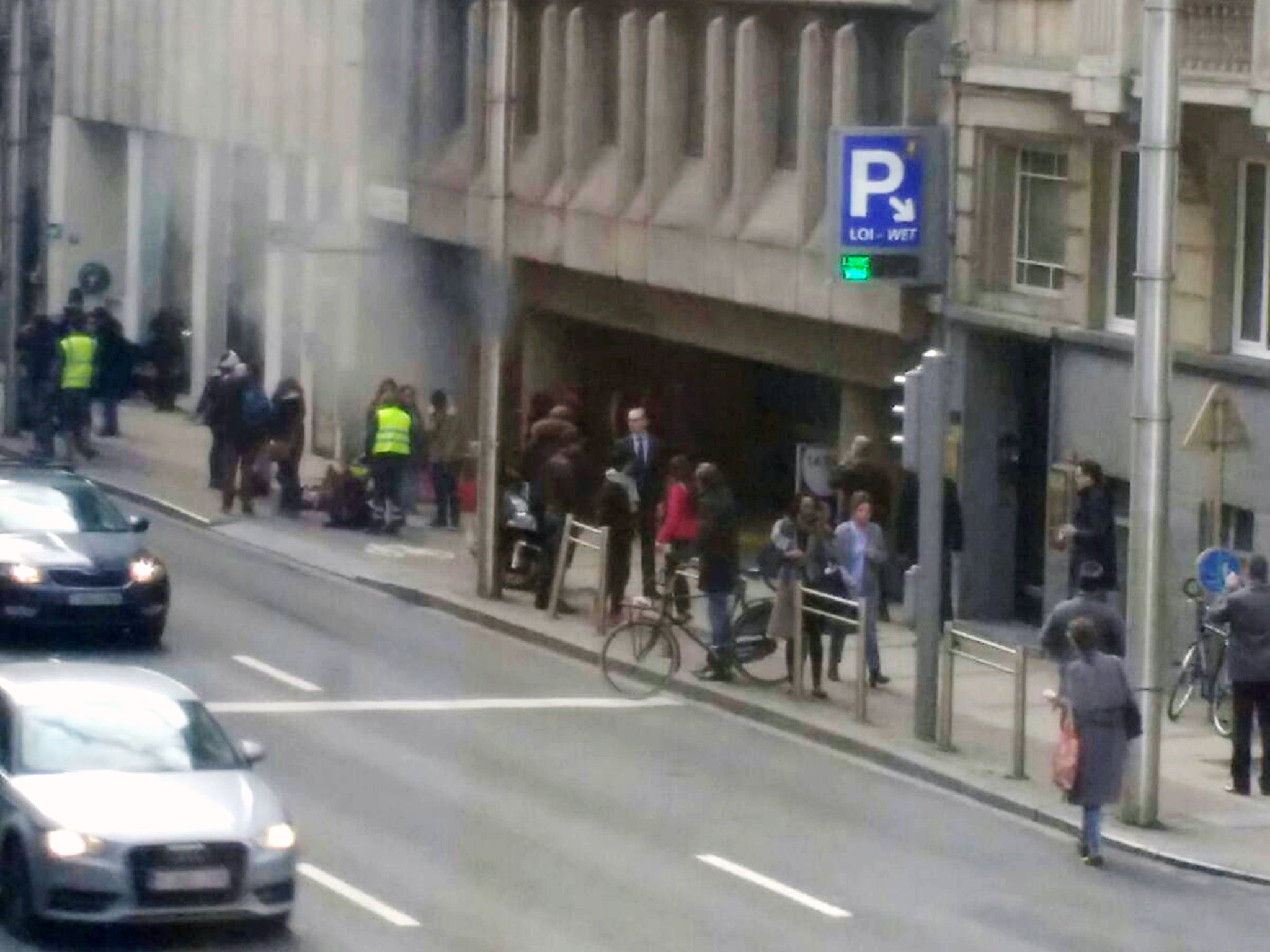Brussels police sent message warning of deadly metro attack to the wrong email address

Your support helps us to tell the story
From reproductive rights to climate change to Big Tech, The Independent is on the ground when the story is developing. Whether it's investigating the financials of Elon Musk's pro-Trump PAC or producing our latest documentary, 'The A Word', which shines a light on the American women fighting for reproductive rights, we know how important it is to parse out the facts from the messaging.
At such a critical moment in US history, we need reporters on the ground. Your donation allows us to keep sending journalists to speak to both sides of the story.
The Independent is trusted by Americans across the entire political spectrum. And unlike many other quality news outlets, we choose not to lock Americans out of our reporting and analysis with paywalls. We believe quality journalism should be available to everyone, paid for by those who can afford it.
Your support makes all the difference.It was 9:07 am on 22 March when Belgian police's directorate of operations sent out an email ordering the closure of the Brussels metro.
Earlier that morning, about 8 am, there was an explosion at Brussels Airport. It took federal police almost an hour to conclude that their city was under attack and that all metro lines and major train stations needed to close.
But when police finally sent an email to order that closure, they sent it to the wrong address, a parliamentary committee has learned.
At 9:11am, a bomb went off in a metro train that was about to leave Maalbeek station. Sixteen more minutes lapsed before the city's metro system was finally closed. The Isis militant group later asserted responsibility for the attacks.
According to Politico Europe, authorities sent the crucial email to the private account of Jo Decuyper, the head of the city's railway police, rather than to his official address.
"At that time, I was obviously not sitting in front of my computer," Decuyper was quoted as saying by the Belgian newspaper De Standaard.
Sending emails had become necessary because of disruptions to phone service in and around Brussels after the initial attack. Even authorities had few options apart from communicating via the Internet or smartphone services such as WhatsApp.
However, Decuyper told the parliamentary committee, no email could have prevented the explosion, even if he had seen the order on time.
"Even if there was a button to stop everything and to evacuate — which obviously does not exist — it would not have prevented" the blast, Decuyper said.
He said that evacuating the metro system under normal circumstances would have taken 30 minutes. Apart from that, federal police ordered the metro to shut down only by noon that day – about four hours after the first explosion at the airport had taken place.
The information about the email error has raised new questions about whether Belgian authorities are up to the challenge of confronting Islamist terrorism in their country.
In an interview with CTC Sentinel magazine in August, Belgian counterterrorism official Alain Grignard openly acknowledged the obstacles authorities were facing.
"We don’t have the same resources as US law enforcement agencies, but it’s important to point out you can never provide 100 per cent security," he said. Belgium — a country of 11 million people — has Europe's highest per capita ratio of Isis sympathisers who have gone to Syria or Iraq, and the country's relatively small security services have struggled to address the terror threat.
"Belgium counterterrorism agencies were praised for thwarting the Verviers plot, but luck played its role," Grignard said last year, referring to a terror plot that was disrupted in January 2015 in the city of Verviers.
"Tomorrow we might not be so lucky," Grignard said.
Copyright: Washington Post
Join our commenting forum
Join thought-provoking conversations, follow other Independent readers and see their replies
Comments